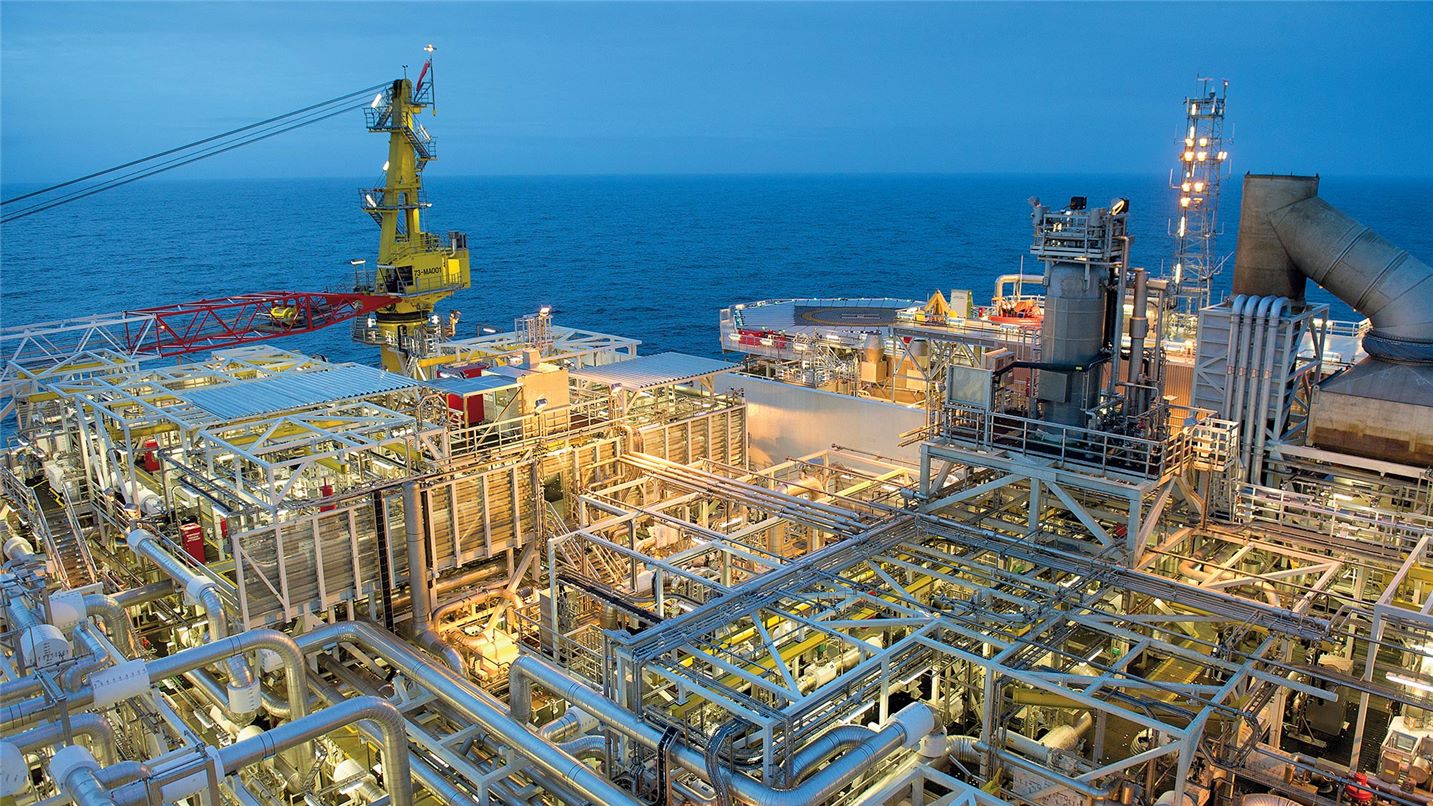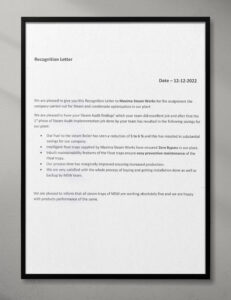In today’s scenario where products have become global, the only avenue to cut costs is by reducing manufacturing costs. As is the case with most cost-heads, reducing the fuel bill directly impacts the bottom line.
In process plants, fuel costs constitute almost 65% of the annual running costs of the boiler. Hence, it is extremely essential to consider steam energy conservation as an important measure to increase savings.
During steam distribution, losses occur in the range of 8-10%, which can be controlled by distributing steam at the highest possible pressure, resulting in lower piping costs. To achieve optimal steam systems, a complete study of the entire distribution network is required to suggest the proper products and systems.
If the size of the steam traps is not selected correctly or is improperly installed, around 8-10% of steam energy losses can occur. To prevent this, application based steam traps have to be selected. You should also think about the impact of group trapping vs. individual trapping and process parameter requirements vs. steam pressure – temperature control systems.
In most plants, flash steam and condensate are not recovered properly and are partially drained locally. It’s worth noting that every 6 degrees Celsius rise in boiler feed water temperature can save you 1% on your fuel expenditure. Recovering the hot condensate from steam-using processes can help you save up to 20% on fuel costs while also reducing water usage and feed water treatment.
In the boiler chimney, the black and white smoke emissions may indicate inadequate combustion, leading to excess fuel consumption. To prevent this, you need to compare boiler specifications and settings to the results of actual trials.
Using a manually controlled boiler feedwater tank can lead to a significant loss of fuel. By incorporating a PLC based FWT management system, you can save 1% of fuel for every 6 degree rise in the boiler feed water temperature.
Boiler house problems of greater TDS and low pH valves can be regulated and automated if the chemical dosing pattern is fixed in the system.
Ultimately, the more cost-effective your steam design is, the more money you’ll save. By conducting steam surveys, you can identify areas of improvement in the plant and thereby reduce operating costs
With over 25 years of on-field experience, Maxima’s certified energy audit team can conduct process plant field audits and steam surveys to help your bottom line and optimize your steam system.



